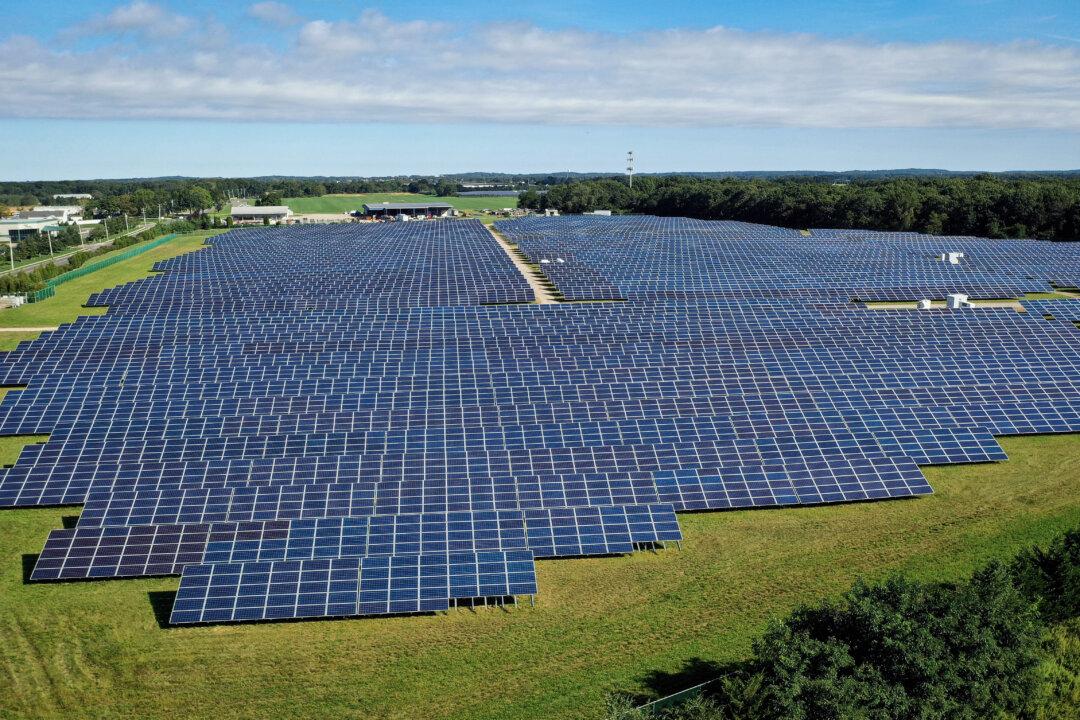Duke Energy, a regional electricity provider based in North Carolina, has come under fire for allegations that it is driving up electric bills to make customers pay for the billions it is spending on climate change.
Consumers’ Research, a consumer advocacy group, sent a letter on Aug. 24 to the North Carolina Utilities Commission stating, “We implore the commission to put an end to the abuse of North Carolina consumers by Duke Energy.”





